Mexico Faculty Grant Program
Through the generous support of University benefactors, Notre Dame Global is providing funding to build, sustain, and encourage academic and research collaboration (research projects, faculty and graduate student exchange, conferences, seminars, etc.) with leading universities in Mexico, especially Tec de Monterrey, Universidad Nacional Autónoma de México (UNAM), Centro de Investigación y Docencia Económicas (CIDE), Panamericana, and Iberoamericana. Grants will be awarded on a competitive basis and projects will be offered administrative and logistical support through Notre Dame Mexico.
This grant program is part of the University’s broader international strategy to engage Mexico and Latin America by building upon existing academic partnerships and strengthening opportunities for research, scholarship, and graduate student training.
Mexico Virtual Lecture Series
The Mexico Virtual Lecture Series is a recurring online event intended to highlight the deep connections between Notre Dame and Mexico. Each lecture focuses on the current work of a Notre Dame faculty member or researcher, covering topics that vary widely from medical research to the social sciences and arts and culture.
Faculty Highlights
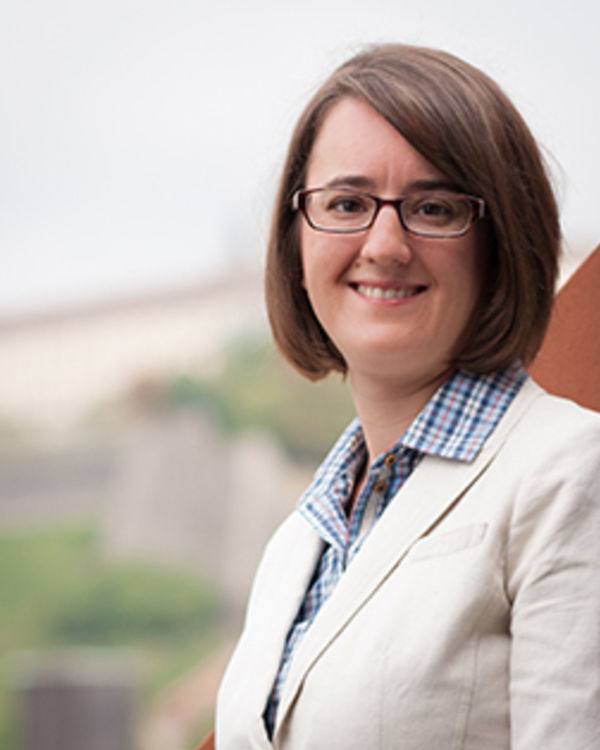
Therese Cory
John and Jean Oesterle Associate Professor of Thomistic Studies
Therese Cory is the John and Jean Oesterle Associate Professor of Thomistic Studies in Notre Dame’s department of philosophy, and the director of the History of Philosophy Forum. Her work examines questions related to the mind, self-consciousness, and the nature of knowing. She focuses on the medieval perspective and is particularly interested in the way Muslim, Jewish, and Christian scholars have informed one another's work.
Cory’s interest in the medieval intellectual dialogue between different faith traditions motivates her work with the Aquinas & The Arabs International Working Group, which includes contributions from colleagues at Universidad Panamericana (UP). In 2018, a Mexico Faculty Grant from NDI enabled Cory to institute a faculty exchange with UP and co-organize a conference that included medieval scholars from around the world. The event strengthened the relationship between Notre Dame and UP and deepened our understanding of the interconnected nature of Muslim, Jewish, and Christian intellectual traditions.
"Visiting each other's universities has helped us identify many shared research interests in the history of philosophy, as well as a shared commitment to Catholic education," Cory said. "Mexico is an important location for research in the history of medieval and early modern thought, and the early modern tradition of Mexican Scholasticism makes an important contribution to the history of philosophy that can enrich our understanding of how philosophical traditions developed from medieval Scholasticism into the early modern period. We hope to be able to welcome more researchers from UP to Notre Dame in the future."

Tamara Kay
Associate Professor of Global Affairs and Sociology
Tamara Kay is an associate professor of global affairs and sociology. Her research focuses on the implications of regional economic integration and transnational labor movements. She has authored two books on these themes drawing on extensive research in Mexico: NAFTA and the Politics of Labor Transnationalism and Trade Battles: Activism and the Politicization of International Trade Policy. Kay frequently provides her expertise to journalists seeking to better understand the implications of policy decisions. Likewise, she advises advocacy groups and assists in amplifying their impactfulness.
NDI’s Mexico Faculty Grant supports Kay’s work in Mexico and partnership with Kim Nolan at Facultad Latinoamericana de Ciencias Sociales (FLACSO Mexico). Together, they are planning a conference in Mexico to explore important themes related to trade and labor rights.
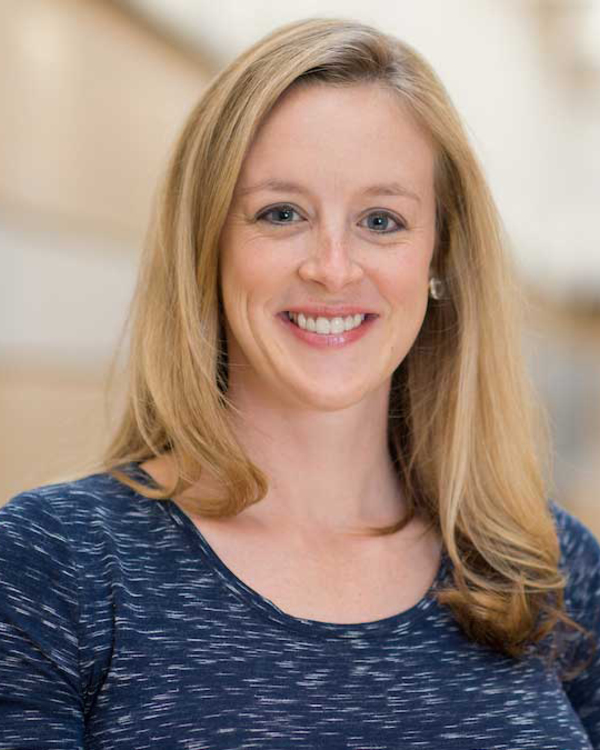
Laura Miller-Graff
Associate Professor of Psychology and Peace Studies
Laura Miller-Graff is associate professor of psychology and peace studies in Notre Dame’s Keough School of Global Affairs. She is also director of the BRAVE (Building Resilience After Violence Exposure) Research Lab in the department of psychology. Her research examines the effects on intimate partner violence on women and children.
Among Miller-Graff’s initiatives is the Pregnant Mom’s Empowerment Program (PMEP), which brings women at risk of intimate partner violence together for weekly group counseling sessions over the course of five weeks. Miller-Graff explains, “the group [format] provides the women the opportunity to speak with others and recognize that they are not alone in their situation. They can learn different steps that other women have taken. That feedback is often as powerful as the content we are delivering.”
An advantage of PMEP is that its flexible, thematic framework and short duration makes it well-suited for adaptation for use in diverse settings. Following the success of PMEP in the United States, Miller-Graff adapted it for application in international settings. Recently she and Kathryn Howell at University of Memphis have partnered with Ceclila Martínez Torteya at Universidad de Monterrey (UDEM) to bring the project to Mexico.
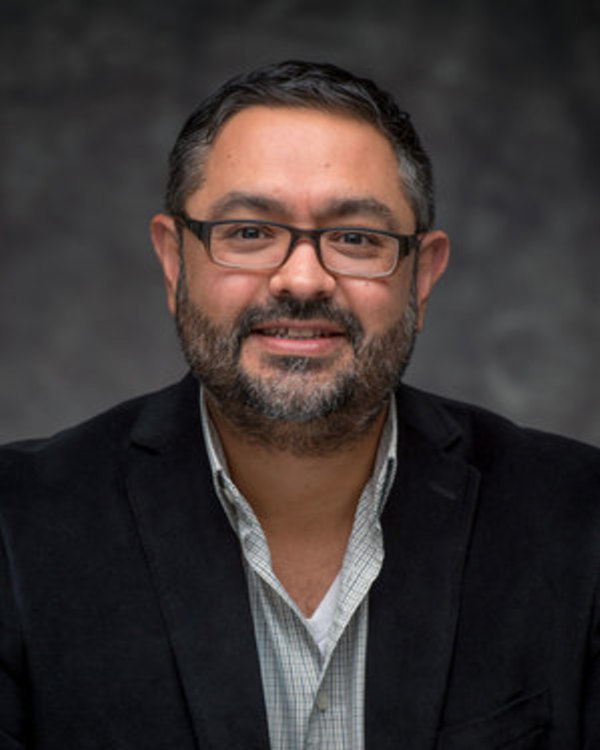
Jaime Pensado
Associate Professor of History
Jaime Pensado is an associate professor in Notre Dame’s department of history. His research focuses on student politics and youth movements in modern Mexico, including protests of the turbulent 1960s. More recently, Pensado’s work considers the influence of Catholic identity in the development of student movements and the responses they elicited.
In addition, Pensado coordinates the Mexico Working Group sponsored by the Kellogg Institute for International Studies. The group serves as a forum for Notre Dame faculty, visiting fellows, and students from across academic disciplines to discuss research related to Mexico and deepen the network of scholars of Mexico on campus.
In 2019, Pensado led a group of Notre Dame graduate students to Mexico City with support from NDI’s Mexico Faculty Grant. During their visit, the group undertook archival research and strengthen relationships with Centro de Investigacion y de Estudios Avanzados (CINESTAV) and Instituto Politécnico Nacional (IPN).
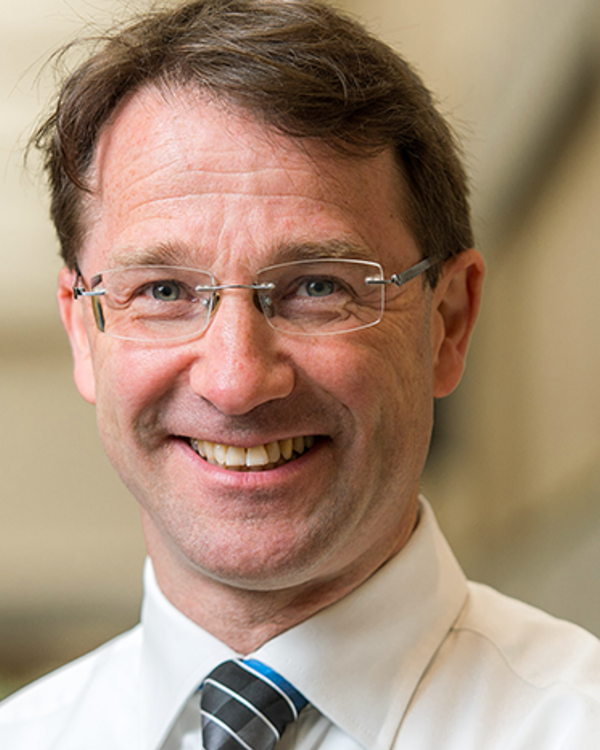
Clemens Sedmak
Professor of Social Ethics
Clemens Sedmak is a professor of social ethics in Notre Dame’s Keough School of Global Affairs with expertise in Catholic social tradition. His work focuses on the notion of the common good, its centrality to Catholic social thought, and how it shapes institutions like Notre Dame. However, Sedmak believes operationalizing the idea of the common good presents challenges. What does its promotion look like in practice?
In response to this challenge, Sedmak initiated a partnership with the Instituto Promotor del Bien Común at Universidad Popular Autónoma del Estado de Puebla (UPAEP) in Mexico. Through a series of seminars and faculty visits, this collaboration seeks to identify and articulate indicators that can be used to clarify the concept of the common good at the local, municipal level.
"The pandemic has taught us once again that the pursuit of the common good is the essence of good governance, Sedmak explains. “There is a need for special attention to the most vulnerable and most disadvantaged. The collaboration with the UPAEP, a University committed to the common good, deepens our understanding of what the flourishing of a community means in local political realities."
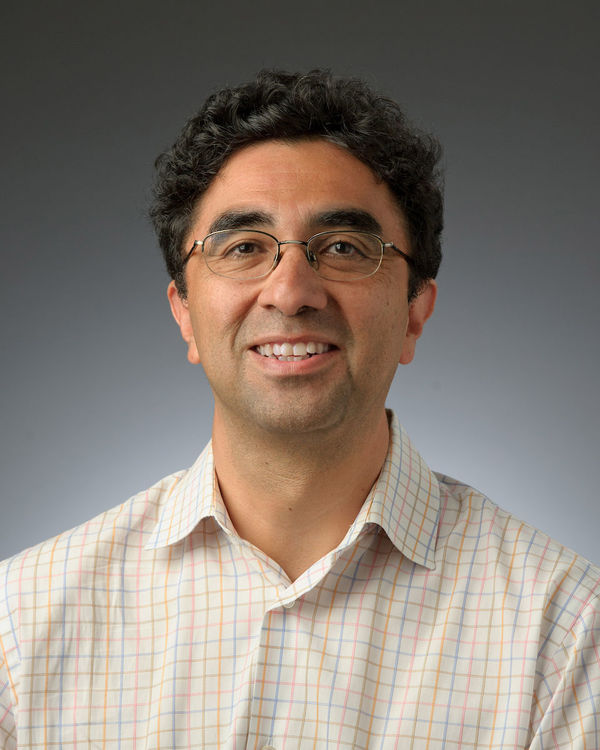
Guillermo Trejo
Associate Professor of Political Science
Guillermo Trejo is an associate professor in Notre Dame’s department of political science. In addition, he directs the Violence and Transitional Justice Lab (V-TJ Lab) sponsored by the Kellogg Institute for International Studies. The V-TJ Lab is an interdisciplinary effort to understand the causes and consequences of political and criminal violence as well as the ways in which they intersect. Its work is intended to assist human rights defenders and victims as they seek to promote accountability, contain violence, and create a more just and peaceful society. The lab conducts research and public incidence projects in Mexico and other Latin American countries.
NDI’s Mexico Faculty Grant supported Trejo’s collaboration with Sandra Ley of the Centro de Investigación y Docencia Económicas (CIDE) in Mexico City. Together, Trejo and Ley co-authored Votes, Drugs, and Violence: The Political Logic of Criminal Wars in Mexico, available from Cambridge University Press. The book examines the outbreak of a major wave of large-scale criminal violence in Mexico as the country transitioned from authoritarian rule to democracy. It explains why state power was crucial for the operation of illicit markets under the PRI’s one-party rule and why the spread of electoral competition, party alternation, and the decentralization and fragmentation of political power became triggers of criminal wars in democracy.
According to Trejo, “As a Notre Dame faculty working on Mexico, NDI’s permanent presence in the country has helped me invigorate my ongoing engagement with local scholars, policy-makers and practitioners. NDI has also facilitated and nurtured a fruitful and much needed dialogue between ND faculty and students and the growing network of ND alumni living in Mexico.”
